
Chinese Communist Party’s “Insidious” Attack on Religion in Hong Kong Criticized by Experts
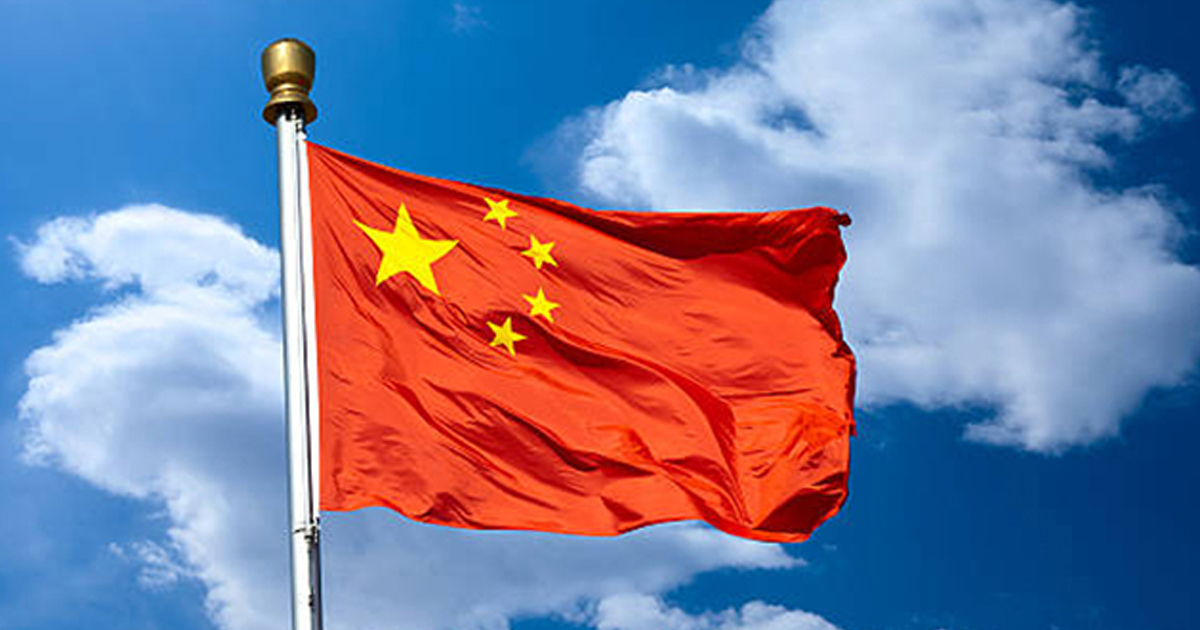
Experts and human rights advocates are raising concerns over the Chinese Communist Party’s (CCP) “insidious” and “subtle” methods to suppress religious freedom in Hong Kong, as detailed in a report by UK-based rights group Hong Kong Watch. Benedict Rogers, co-founder and CEO of Hong Kong Watch, highlighted the escalating threats to freedom of belief in the city during an event at Hudson Institute’s China Center on November 15.
Rogers emphasized that the CCP’s tactics involve undermining religious freedom without overtly closing Christian schools and churches, as it could adversely impact the city’s international reputation. Instead, the CCP is using covert means, such as exerting control over religious institutions and corrupting Christian education. The recently imposed national security law, criminalizing secession, subversion, terrorism, and collusion with foreign countries, has led to widespread self-censorship by religious leaders.
The report, titled “Sell Out My Soul: The Impending Threats to Freedom of Religion or Belief in Hong Kong,” sheds light on the CCP’s efforts to “sinicize” religions in Hong Kong, aligning them with Chinese communist ideology and loyalty to the Party. The national security law, mandatory for students as young as six, poses a threat to freedom of religion in the education sector, especially with over 60 percent of government-funded schools operated by church organizations.
Well-known religious clergy in Hong Kong, including Cardinal Joseph Zen and Pastor Garry Pang Moon-yuen, have faced repercussions for their pro-democracy activities, illustrating the blurred lines between political and religious repression. The CCP’s use of the national security law to curb religious freedoms in Hong Kong is seen as a response to economic challenges, with the country facing a declining population and the need to maintain Hong Kong as an economic and financial hub.
Nina Shea, director of Hudson Institute’s Center for Religious Freedom, associated the CCP’s strategy with economic concerns, stating that if Christians in Hong Kong were subjected to severe measures, it could harm the city’s image and impact trade relations. The CCP’s broader campaign against religious groups, such as Falun Gong, serves as a precedent for its approach to religious repression.
Experts warn that the situation in Hong Kong may escalate, with concerns raised about potential abuses akin to those faced by Uyghur Muslims in Xinjiang. Nury Turkel, chair of the U.S. Commission on International Religious Freedom, highlights the CCP’s goal to reshape religious beliefs to align with its ideology. The CCP’s use of medical metaphors to label religious practitioners as having “mental illnesses” reflects its attempt to erode religious beliefs and make believers loyal to the Party.
Despite these challenges, human rights advocates call for a deeper understanding of the CCP’s actions and their implications for religious freedom in Hong Kong. The international community is urged to address the subtle yet systematic erosion of religious liberties by the Chinese authorities in the region.
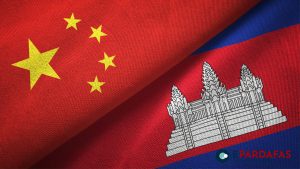
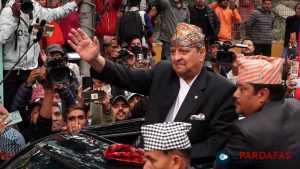
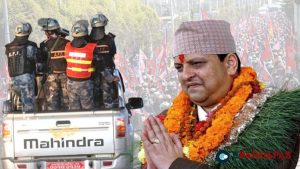

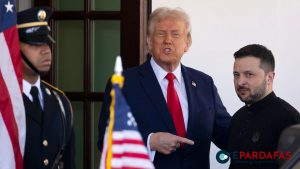

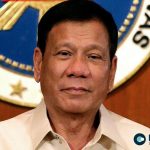
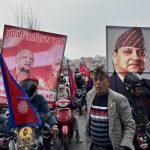



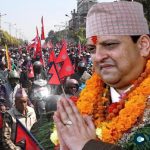
Comments